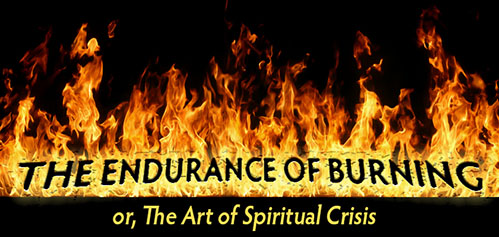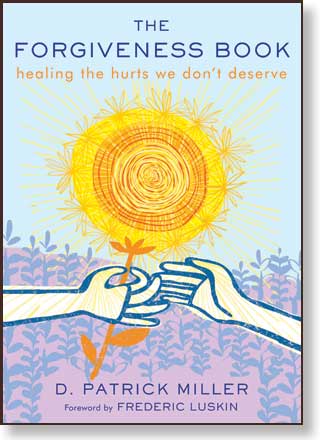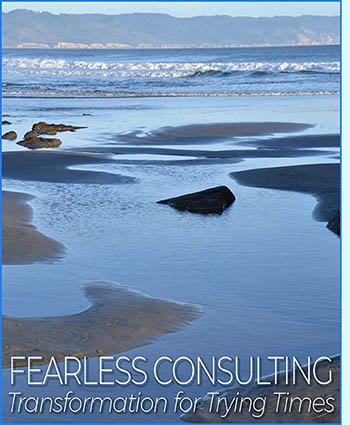

“What is to give light must endure burning.”
— Viktor Frankl
I was initiated to my spiritual path by a severe illness that erupted overnight and persisted for seven years. There was no prior warning that my life was about to take a sharp and painful detour inward. Months would pass before I could fully grasp that a genuine spiritual crisis had begun and was irreversible. It would take even longer to embrace it, and let the crazy wisdom of the affliction begin to lead me toward a new way of life.
While I think that everyone has an interior spiritual process, not many are aware of it. For some, it’s just not what their life is likely to be focused on, and they may be fortunate in that regard. The ordinary challenges of life can be enough to handle without the emergence of a mystical drive from within.
For others, the spiritual impulse may be felt, but resisted by letting other drives and preoccupations take its place. These substitutes can include the drive for material wealth or success, the longing for perfect love or social acceptance, or even the religious drive for “salvation.” This resistance can last for years, even as substitutes fail to deliver satisfaction. But the alternative, the process of “spiritual awakening,” is seldom if ever an entirely blissful experience.
In fact, such an awakening often involves a sharp and sometimes prolonged state of crisis. A spiritual crisis can involve one or more profound and difficult experiences including:
- Mysterious physical symptoms or eruptions of illness that are difficult to diagnose and/or treat by conventional medicine
- Recurring bouts of depression or emotional disorientation, particularly involving issues of life purpose
- Fits of irrational anger or grief that are difficult to source to any particular grievance or sorrowful event, and may be globalized
- Interpersonal difficulties that arise from an abrupt change of direction or purpose for oneself
These four, very broad categories encompass an infinite variety of potential spiritual crises, each of which will be as unique as the individual experiencing it. But what they all share is the involuntary surfacing of one’s inner wholeness, or holiness.
In the long run, the results of a genuine spiritual crisis are profoundly positive and continuous. We gradually become wiser, kinder, less fearful, more tolerant, and truly happier human beings. But in the short term, there can be hell to pay — because the normal makeup of the human ego resists the emergence of something greater than itself. In all its diverse forms, the spiritual crisis represents a kind of burning-up of the ego, or limited self. That inner conflagration often feels like dying because, in a very real sense, it IS the death of who we think we are, in favor of becoming someone we can’t imagine.
What I’d call “the art of the spiritual crisis” is learning just how to let that burning proceed at its optimum pace — without choking on all the smoke that arises from combustion of the ego.
Chief among the skills that have to be developed for this spiritual art is faith. This is not a faith in any conventional gods or religious beliefs, but a faith that the inner process of holy emergence can be trusted to deliver us to a new and healthier “human condition” than we have known before. One also gradually grows the courage to enter unstable transformative states and let them remake us. At every step into the unknown, we learn to trust more and more in an intuitive openness that doesn’t deny rational thought and logic, but includes them in a larger set of skills of consciousness.
It’s a brave choice to allow the spark of one’s own inner longing grow into the flames of genuine transformation — and even braver to endure the burning that magnifies our inner light. And that's because the burning never really stops. If there is such a thing as "enlightenment" it is the state of being completely consumed by the inner flames of spiritual process. That means achieving a happiness that encompasses suffering, rather than trying to eliminate it — and living the kind of faith that respects the recurrence of fear and doubt, rather than attempting to abolish them.
_________________
Author, publisher, and literary agent D. Patrick Miller has been studying the rise of the “spiritual but not religious” movement first-hand for over 30 years. See his coaching topic “The Endurance of Burning” among other Fearless Consulting offerings.


HOME • BOOKS • FEATURES • STAY IN TOUCH